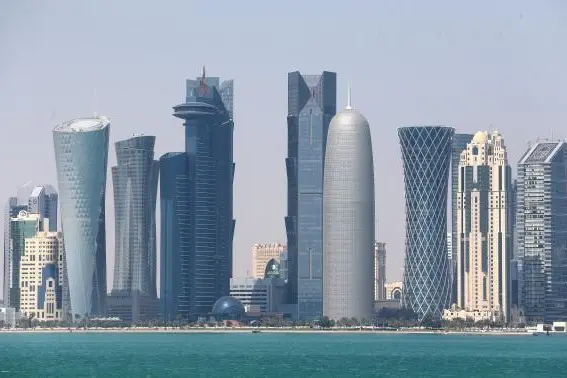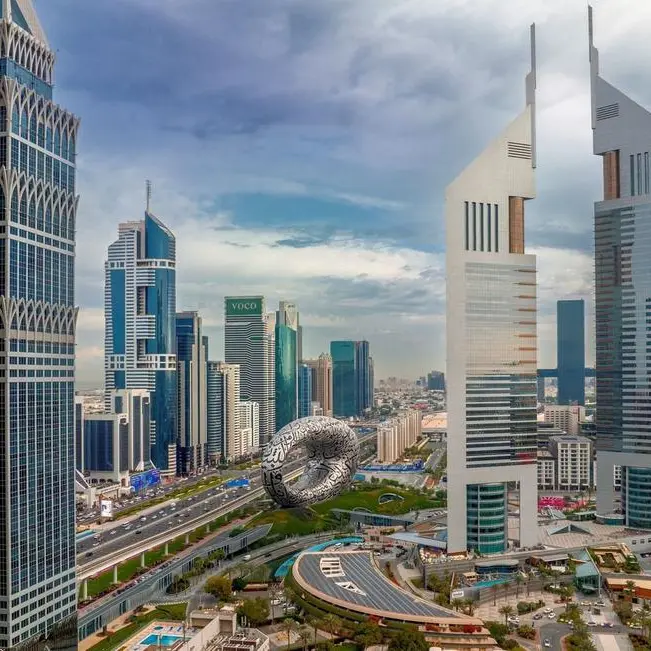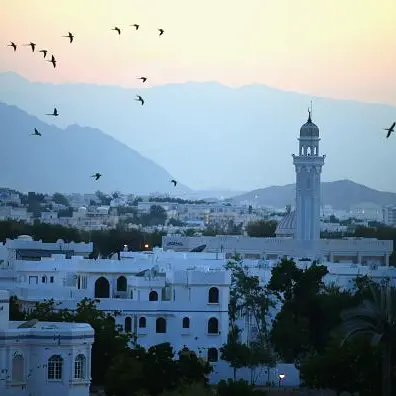PHOTO
Business activity in Qatar’s non-oil private sector witnessed a swift rebound in February following a brief loss of momentum as COVID-19 prevention measures were briefly reintroduced in January, according to a new report.
The Purchasing Manager’s Index (PMI) for Qatar in February leapt up by 3.8 points to 61.4, the biggest month-on-month gain since July 2020, with scores above 50.0 being indicative of increase in economic activity, and anything below that level indicating a reduction.
The latest reading is the joint third highest since the survey started in April 2017.
The IHS Markit and Qatar Financial Centre (QFC) report said rates of expansion in output, new orders and backlogs of work all re-accelerated and were among the fastest registered in five years.
Employment rose for a record 17 successive month, and the 12-month outlook improved as firms continued to report opportunities linked to the FIFA World Cup, the report said.
There was an increase in new orders, output, employment and stocks of purchases, with growth also quickening in the manufacturing, construction and services sectors, while wholesale and retail also registered a strong overall expansion in activity.
Average input costs rose in February, linked to both purchase prices and wages, but, prices charged for goods and services fell for the first time in five months, and at the fastest rate since January 2020.
Yousuf Mohamed Al-Jaida, CEO, QFC Authority, said: “Only in October and November last year had the PMI signaled stronger monthly improvements in business conditions at non-energy private sector firms.
He added: “Recent PMI data for the final quarter of 2021 signal that official economic growth will post strong performance, having eased to 2.6 percent on an annual basis in the third quarter from four percent in the second quarter.”
(Reporting by Imogen Lillywhite; editing by Seban Scaria) imogen.lillywhite@lseg.com





















